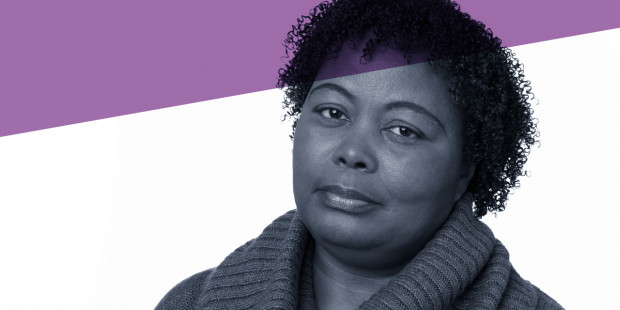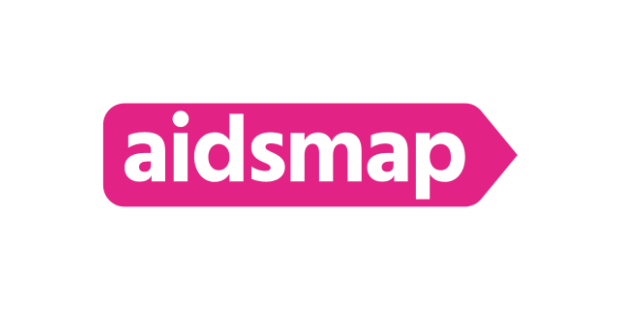Things to consider
Sharing your status may not be a good idea if you think your confidentiality might be breached or that you might experience stigma or discrimination.
On the other hand it can allow your employer to make reasonable adjustments, such as reducing your workload or allowing you extra time off work for medical appointments. You may also be able to access extra support at work.
If you tell your employer your status, you are protected under the Equality Act 2010.
The Data Protection Act 2018 also states that records of your HIV status must be kept confidential.
Will I be asked about my HIV status when I apply for a job?
Since the introduction of the Equality Act, employers are restricted on the questions they can ask about your health in job applications and during the early stages of the recruitment process.
You shouldn’t be asked to fill in a questionnaire about your health before you’ve been offered a job.
What about after I’m offered a job?
After an offer has been made, an employer can make the offer conditional on their requirements being met.
They can ask questions about your health if it’s relevant to the requirements of the job that you’ve been offered.
If you were asked to complete a health questionnaire after being offered a job, you lied about your HIV status and your employer later found out, this would be called a breach of mutual trust and you could lose the job.
National AIDS Trust has some further useful information for employees living with HIV.
Can I work in healthcare if I have HIV?
Healthcare workers with HIV can now carry out exposure prone procedures (EPPs).
These are generally procedures where there’s a risk that the healthcare worker’s blood could get into the body of a patient, such as during surgery, obstetrics, gynaecology, dentistry or midwifery.
Anyone applying for a role involving EPPs must have an HIV test. According to UK Health Security Agency, if you’re HIV positive you have to meet the following criteria to carry out EPPs:
- you must either be on antiretroviral treatment and have a viral load below 200 copies/ml, or be an elite controller (see below) and have viral load testing every three months, and
- be under the joint supervision of a consultant occupational physician and your treating physician, and
- be registered with the UKAP Occupational health Monitoring Register (UKAP-OHR).
Elite controllers are people living with HIV who are not on treatment but have maintained their viral load below the limits of detection for at least 12 months, based on at least three separate measurements.
To find out more please read UK Health Security Agency guidance: BBVs in healthcare workers: health clearance and management, 2021.
If you need more advice about dealing with employers, you can register for our free advice service or call our helpline THT Direct on 0808 802 1221.







